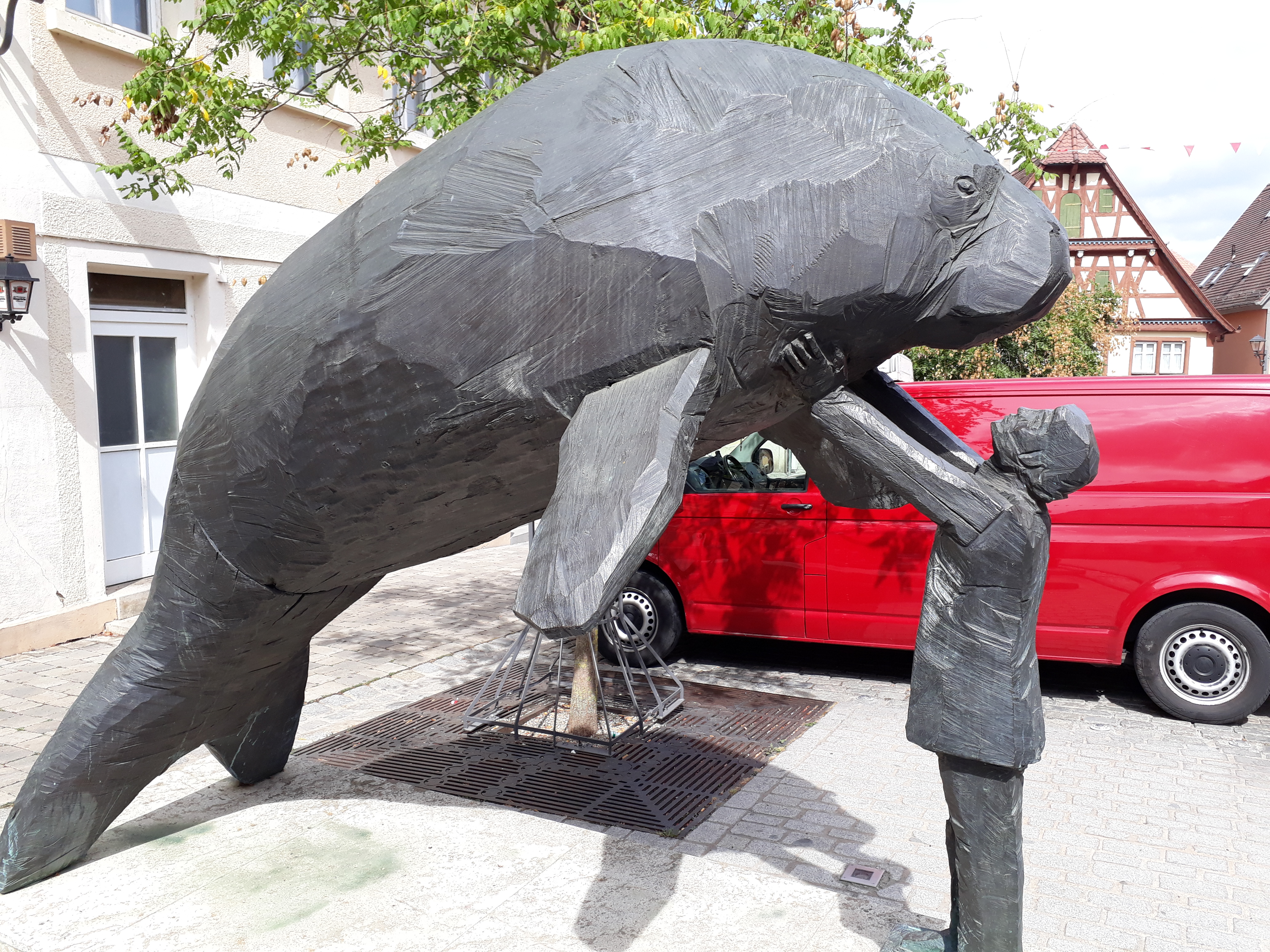Your search - Steller, Georg - did not match any resources.
Georg Wilhelm Steller
 Stellar}}
Stellar}}| birth_place = Bad Windsheim, Holy Roman Empire | death_date = | death_place = Tyumen, Siberia Governorate, Russian Empire | alma_mater = University of Halle }} Steller's jay * Middle: Steller's eiderSteller sea lion * Bottom: Steller's sea cow }}
Georg Wilhelm Steller (10 March 1709 – 14 November 1746) was a German-born naturalist and explorer who contributed to the fields of biology, zoology, and ethnography. He participated in the Great Northern Expedition (1733–1743) and his observations of the natural world helped the exploration and documentation of the flora and fauna of the North Pacific region.
Steller pursued studies in theology and medicine before turning his attention to the natural sciences. In 1734, he joined the Russian Academy of Sciences as a physician, eventually being selected to accompany Bering's expedition to the uncharted waters between Siberia and North America. Steller kept detailed records of species and cultures encountered, as well as ocean currents during the journey.
Steller discovered many new species, as he documented numerous plants and animals, many of which were previously unknown to Western science. Notable among his discoveries was the Steller's sea cow and Steller's sea eagle. His exploration of the Kamchatka Peninsula and the Commander Islands significantly expanded scientific knowledge about the region's biodiversity. Provided by Wikipedia
